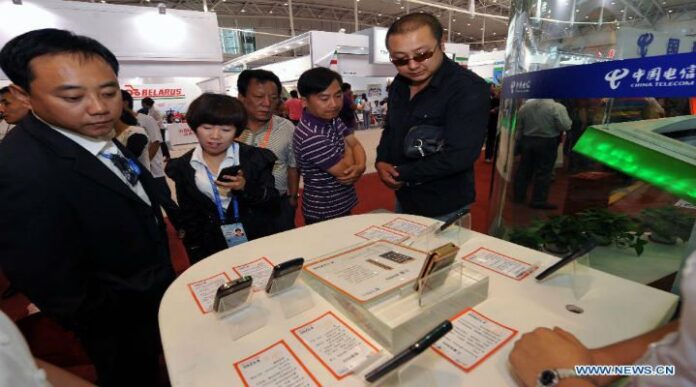Editor’s Note: Welcome to our weekly Reality Check column where C-level executives and advisory firms from across the mobile industry share unique insights and experiences.
Mid-October, Samsung’s earnings dropped nearly 60% from the company’s operating profit a year earlier, and nearly 43% from the profits reported in this year’s second quarter. This dip can likely be attributed at least in part to increased competition from both global competitors and local competitors across emerging markets – including global brand Apple and local manufacturers such as Lenovo, Xiaomi and Huawei. In turn, Samsung must adapt its consumer-reaching strategies accordingly in order to remain competitive.
The trajectory of Samsung’s future may depend on the company’s ability to provide affordable, viable mobile devices to consumers in emerging markets such as Brazil, Nigeria and India — countries with extremely high growth potential — as many consumers indicate that Samsung is the brand they desire most. According to Upstream’s “2014 The Next Mobile Frontier Report,” Samsung beats out Apple, Microsoft and Google as the most recognized global brand in developing nations with 88% of consumers aware of the manufacturer, followed by Google (87%), Apple (85%) and Microsoft (83%). However, while brand recognition carries great cache, niche manufacturers such as Xiaomi and Huawei have continued to gain traction in markets such as China due to their localized approach, offering price-points that consumers can afford – building handsets with the same specs at half the price.
Upstream’s “Emerging Markets Mobile Attitudes Report” reveals that most consumers in developing nations say they would spend between $100 and $300 for a new mobile phone handset, and that localized and accessible content is a driving force behind purchases. This supports the rise in local brands like OnePlus and Xiaomi, as they continue to make it difficult for Samsung to hold its position. In addition, troubling for Samsung is that these brands are able to connect with consumers on a more personal, culturally relevant and localized level, offering them targeted content as well as Internet and software services that match with their preferences.
To remain a global contender, Samsung will need to address its main competitor, Apple, head on. Following the persistent buzz from the release of the iPhone 6, and the recent rollout of Apple Pay in the U.S., Apple has consistently captured media attention. That said, Samsung is still the No. 1 brand for many emerging market consumers. For example, in Brazil and India Samsung captures more than two-thirds of consumer interest, with Apple following at 28% and 29%, respectively. This indicates that Samsung is still desired in these markets, despite Apple gaining ground (in China, 72% of consumers would like to spend money with Apple).
Ultimately, Samsung’s latest earnings serve as a call to action across mobile – brands, manufacturers and operators alike must refocus attention and directly address the needs and desires of consumers in emerging markets in order to make global gains. Local manufacturers are changing the nature of the global smartphone industry – major brands such as Samsung must respond accordingly in order to compete.
Marco Veremis is Upstream’s CEO and co-founder and has been chairman of the board since 2002. Veremis sets Upstream’s strategic direction and spearheads business development as the company continues its expansion into new geographical and product areas. As an experienced marketing strategist at leading advertising agencies Grey Advertising, McCann-Ericsson and DDB in London, Veremis developed global and pan-European communications strategies for brands such as Nestlé, Coca-Cola, Sony and SmithKline Beecham. Veremis is a mentor at Endeavor and Openfund, vice-chairman of the Hellenic Association of Mobile Application Companies and an angel investor and board adviser to Workable HR. Veremis holds a bachelor’s degree in Politics and International Studies from Warwick University and a master’s in European Studies from Oxford University.

